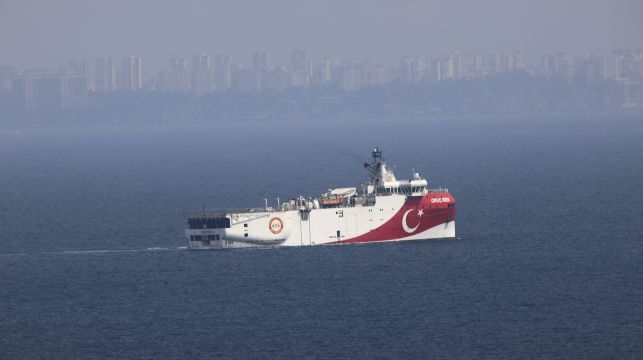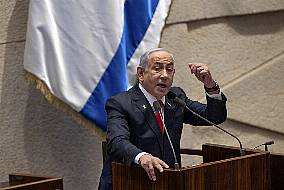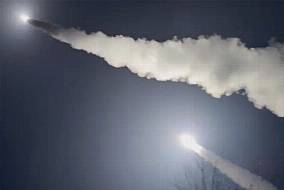Tensions between the neighbours and alliance members ran high for several weeks in the eastern Mediterranean, where Turkey was prospecting the seabed for potential energy reserves in an area Greece claims as its own continental shelf. But things have eased in recent days.
Nato headquarters said the new measures include the setting up of a hotline between Greece and Turkey for use between senior officials should confrontations arise. No further details were provided.
I welcome the establishment of a military de-confliction mechanism @NATO to reduce the risk of incidents & accidents in the #EastMed. This was achieved through the constructive engagement of Greece and Turkey. I remain in close contact with both Allies. https://t.co/yoxW04L0Cp
— Jens Stoltenberg (@jensstoltenberg) October 1, 2020
“This safety mechanism can help to create the space for diplomatic efforts to address the underlying dispute and we stand ready to develop it further. I will remain in close contact with both allies,” Nato secretary-general Jens Stoltenberg said.
Talks on the measures got off to a rocky start last month, with Greece refusing to even acknowledge that they were under way, and both sides arguing over what steps should be taken.
The Nato talks are completely separate from diplomatic efforts led by Germany to help bring a permanent end to the eastern Mediterranean dispute.







